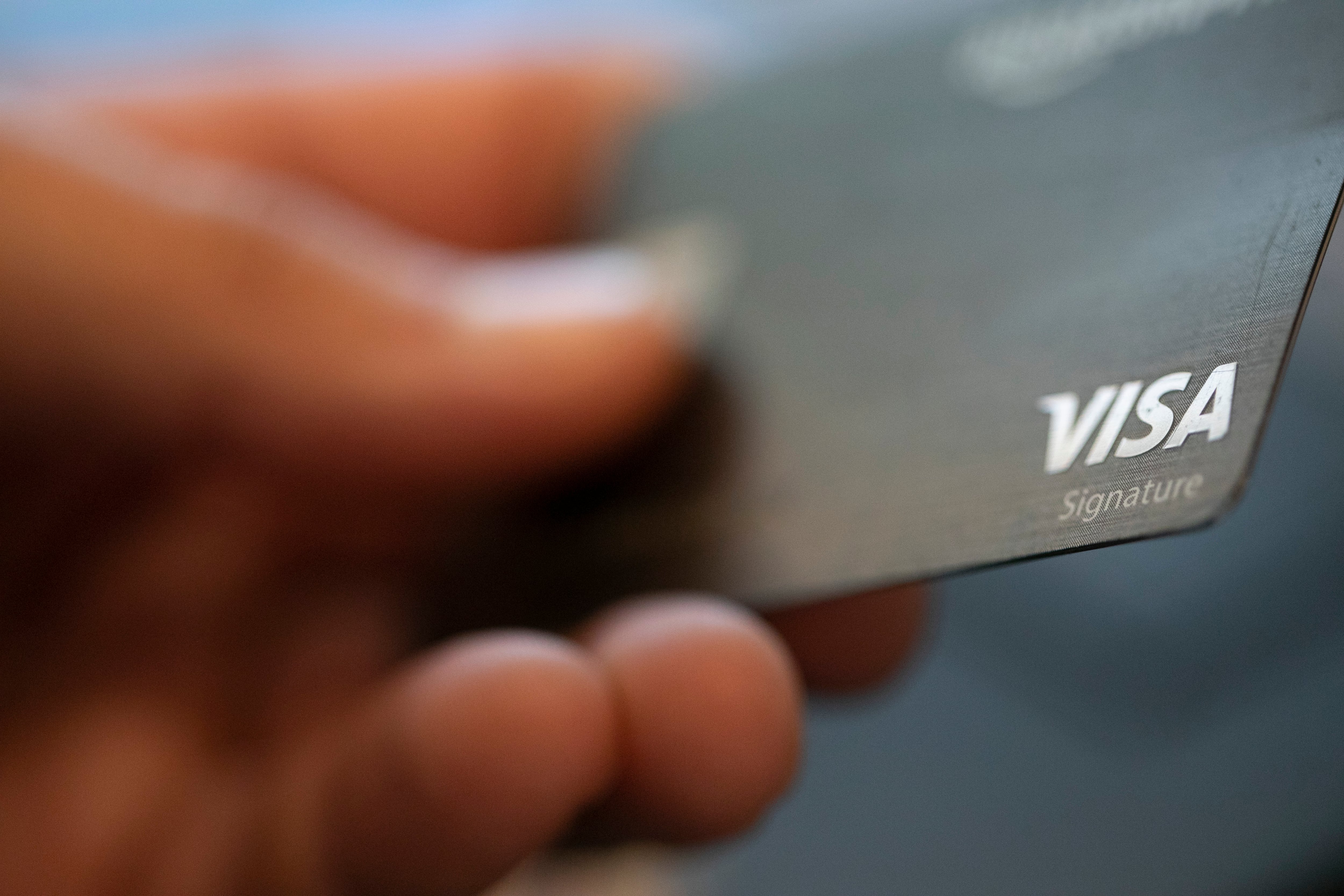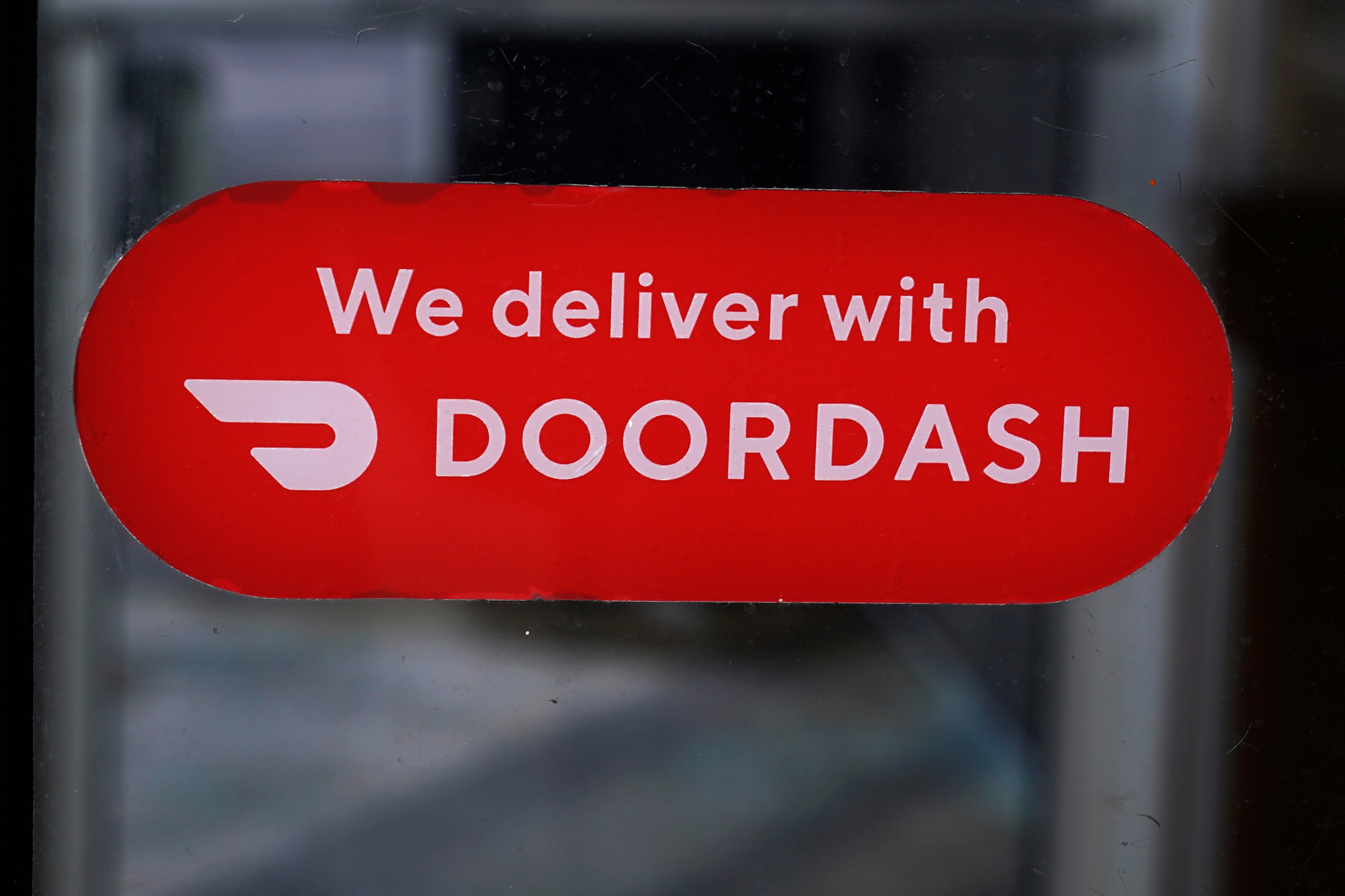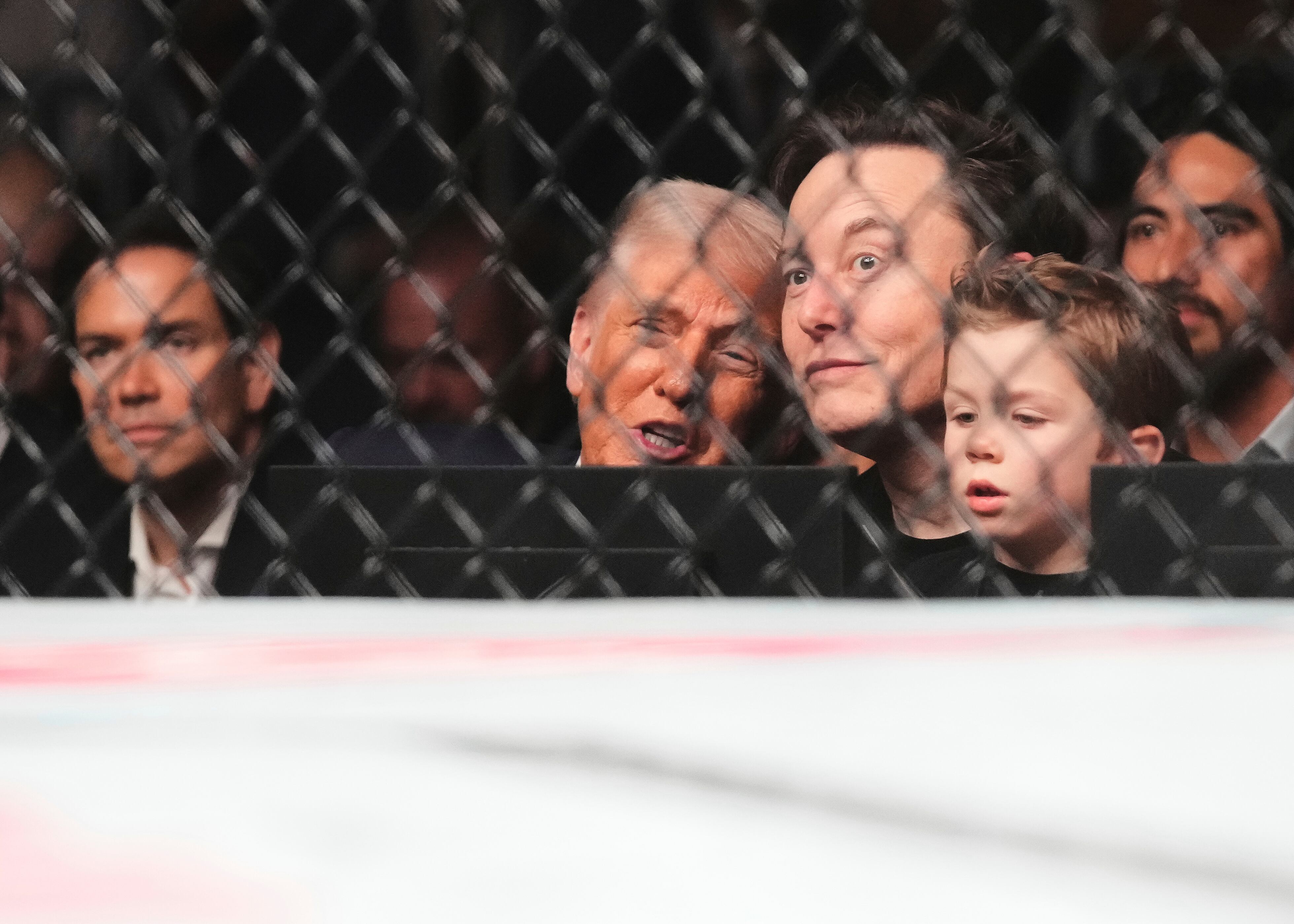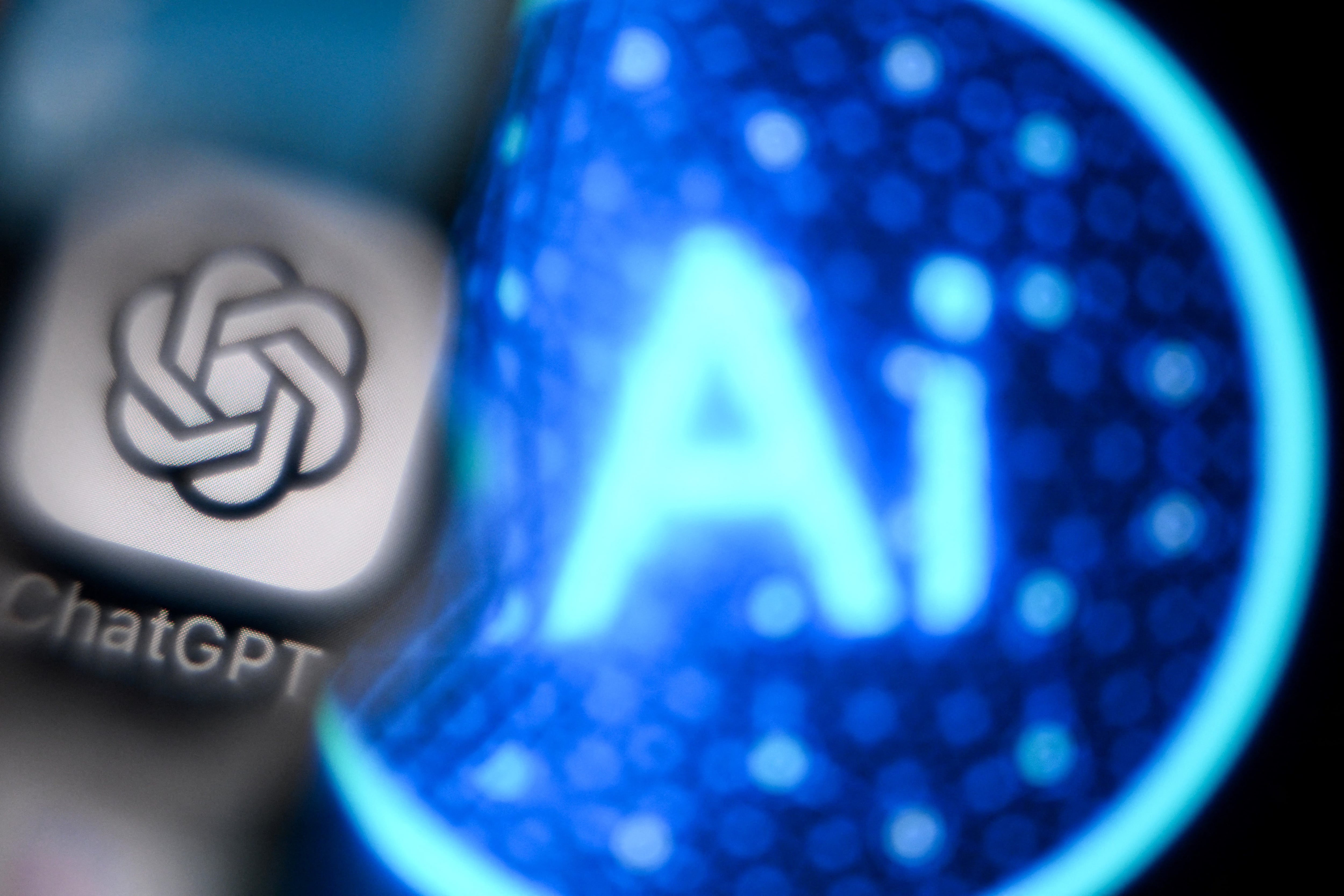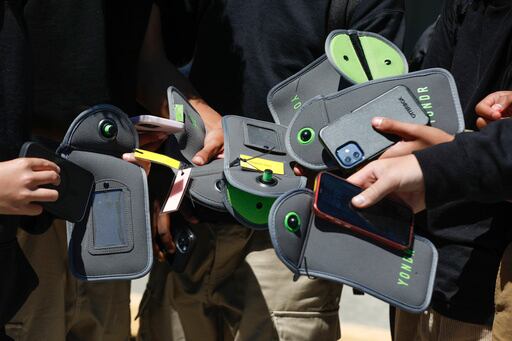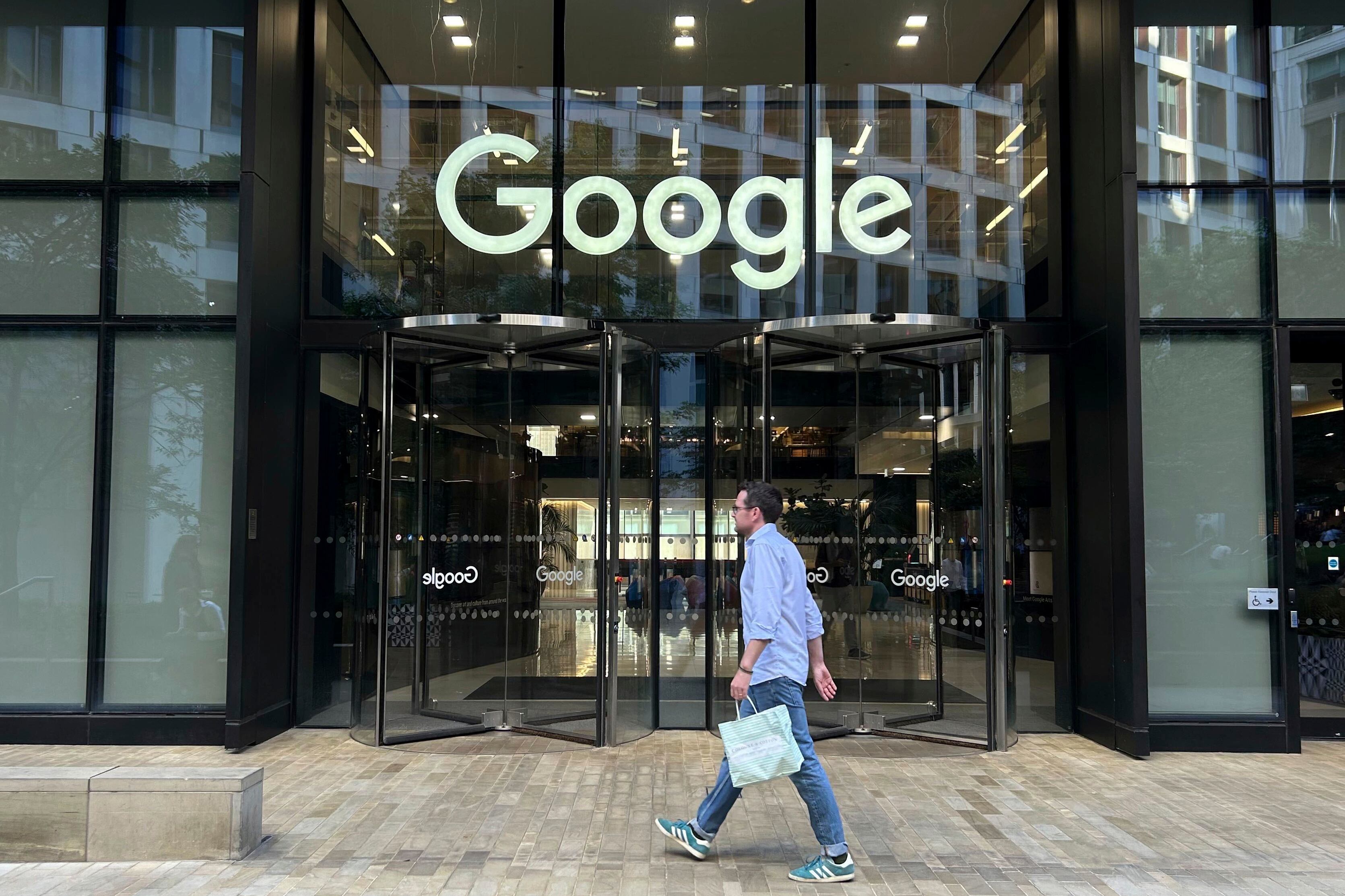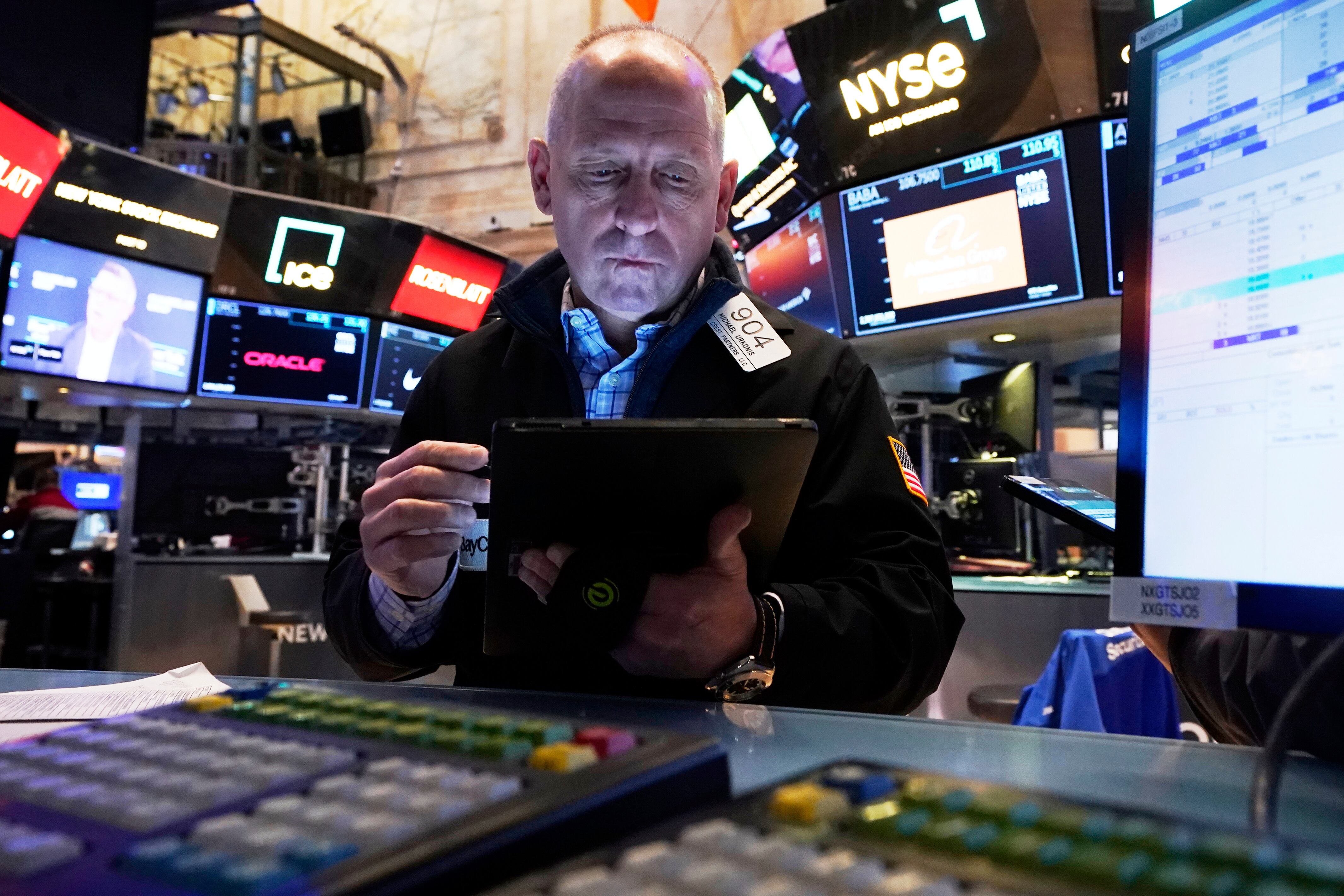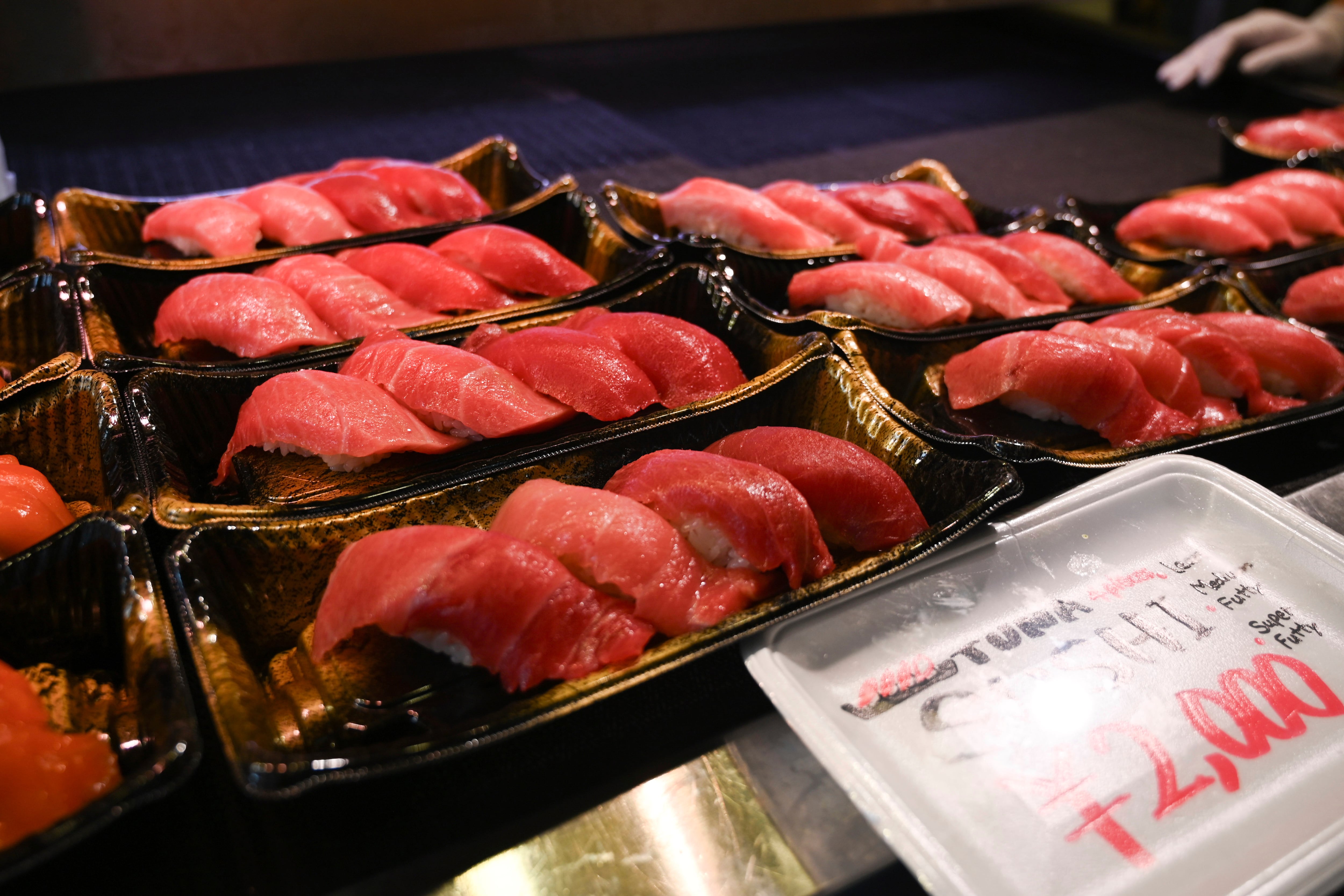Hope King joined us from the Next Web Conference, an event for technology, communication, and media businesses. One of the hot topics at the event was cybersecurity and the threats facing businesses heading into the new year. Chris Young, CEO at McAfee, spoke with us about some of the biggest trends in the space.
2017 was a year riddled with cyberattacks. Young puts the WannaCry breach at the top of the list of worst hacks for the year. In the year ahead, he expects the next wave of attacks will be the use of I.o.T devices to figure out how to physically steal something from an organization. Young also sees artificial intelligence being utilized by criminals to learn how to better attack us.
Young also discussed the culture of security in corporations. He says it is a missing piece for many organizations, adding that it is important that they build an appreciation of security into their culture. The McAfree CEO says his best advice is to "assume you've been hacked" and work from there.
Visa is hoping to hand your credit card to an artificial intelligence “agent” that can find and buy clothes, groceries, airplane tickets and other items on your behalf.
Shares of Deliveroo, the food delivery service based in London, are hitting three-year highs on Monday after it received a $3.6 billion proposed takeover offer from DoorDash.
X, the social media platform owned by Trump adviser Elon Musk, is challenging the constitutionality of a Minnesota ban on using deepfakes to influence elections and harm candidates.
Elon Musk intends to focus more on his job as Tesla CEO, but it’s unclear if the billionaire will be able to solve a big problem of his own making.
The State Bar of California has disclosed that some multiple-choice questions in a problem-plagued bar exam were developed with the aid of artificial intelligence.
Instagram is expanding its use of artificial intelligence to determine if kids are lying about their ages on the app.
Google is confronting an existential threat as the U.S. government tries to break up the company as punishment for being a monopoly.
As Big Tech kicks off its quarterly earnings season this week, the industry’s bellwether companies have been thrust into a cauldron of uncertainty.
Google has been branded an abusive monopolist by a federal judge for the second time in less than a year.
Seafood lovers know the fatty marbling is what makes tuna sashimi and sushi so tasty, but now a computer can assess it too.
